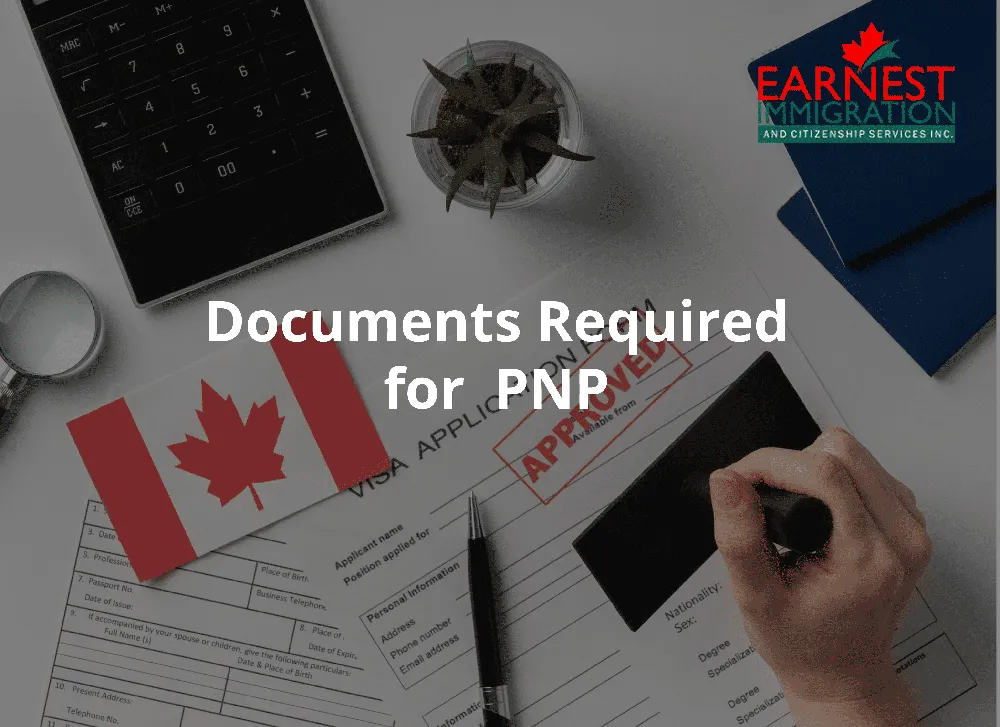Canada’s Provincial Nominee Programs allow provinces and territories to nominate skilled immigrants for permanent residence based on economic development priorities in their region. PNPs account for a large share of economic immigration to Canada.
If you want to immigrate to a specific province in Canada, PNPs offer an excellent pathway. But first, you need to understand the PNP application process and prepare meticulously.
Table of Contents
ToggleDetermining Your Eligibility
There are over 60 PNP immigration streams across Canada’s provinces and territories. Each PNP has its own criteria based on skills, education, work experience, language ability, age, etc. Thoroughly research PNPs you are interested in to determine which one you are eligible for.
Some of the popular PNPs include Ontario PNP, BC PNP, Alberta PNP, Atlantic Immigration Pilot, and Saskatchewan Immigrant Nominee Program. Use the government immigration website and PNP database to explore your options.
Documents Required
While specific requirements vary, standard PNP documents include:
Detailed application form/s
- Each PNP has its own application forms that must be completed thoroughly. Main forms include the generic PNP application form, supplementary forms, employer forms, business forms etc.
- Forms capture all relevant details like personal info, family info, education, work experience, funds, intentions etc.
- Any missing or incorrect information on the forms can negatively impact your nomination chances.
Valid passport and travel documents
- Submit copies of the biographic pages of your valid passport. Include passports for all family members included in the application.
- If you reside outside your country of citizenship, also submit your travel or national ID document. Documents must not expire before visa processing is complete.
Educational credentials with ECA
- Submit copies of all post-secondary educational certificates and transcripts.
- Include an Educational Credential Assessment (ECA) report from an approved agency to verify that your international qualifications meet Canadian standards.
Language test results
- Take an approved language test like IELTS or CELPIP and achieve the minimum CLB/NCLC level per your PNP’s criteria.
- Test results must not be more than 2 years old at the time of application. Include copies of your test scores.
Work experience letters and resume
- Submit official experience letters from previous employers clearly stating your job duties, durations worked, salary, etc.
- Provide a detailed resume summarizing your credentials and outlining all work experience relevant to your occupation.
Proof of settlement funds
- PNPs want proof you can support yourself (and your family) financially when you move to the province.
- Submit bank statements, fixed deposit receipts, investment statements showing you meet minimum settlement fund requirements.
Police verification certificates
- Submit recent police certificates from every country you have lived in for 6+ months in the past 10 years. Certificates prove you have no criminal record.
Health/medical certificates
- Undergo all required medical exams from an approved panel physician and submit certificates proving you meet health/medical admissibility requirements.
Following these tips will ensure your PNP application is complete and avoids processing delays or rejections. Let me know if you need any clarification or have additional questions!
In addition, PNPs may require letters of reference, a settlement plan, job offer letters, business documents, etc. Prepare all documents diligently as per the checklist.
Following these tips will ensure your PNP application is complete and avoids processing delays or rejections.
Applying Through Express Entry
Many PNPs are linked to the federal Express Entry system. This pathway involves:
- Creating an Express Entry profile
- Getting nominated by a province after meeting their criteria
- Accepting the nomination to get 600 additional points
- Entering the Express Entry pool and getting invited by IRCC
- Submitting full PR application to IRCC
The main benefit is faster processing compared to paper-based applications.
Submitting Paper-Based PNP Applications
Some PNPs still use traditional paper applications. This involves:
- Choosing a suitable PNP stream based on your profile
- Submitting an EOI to the province/territory
- Getting nominated by the PNP if you meet their points threshold
- Submitting the full permanent residence application to IRCC after nomination
Processing paper applications takes 16-19 months currently.
Getting Support from Immigration Experts
Hiring a competent immigration consultant can help maximize your chances of getting nominated by streamlining the process. They will advise you on the best PNP pathway and ensure your application is complete.
With some research and professional support, PNPs offer excellent Canadian immigration opportunities. Choose your program wisely and submit a strong application. Good luck!







